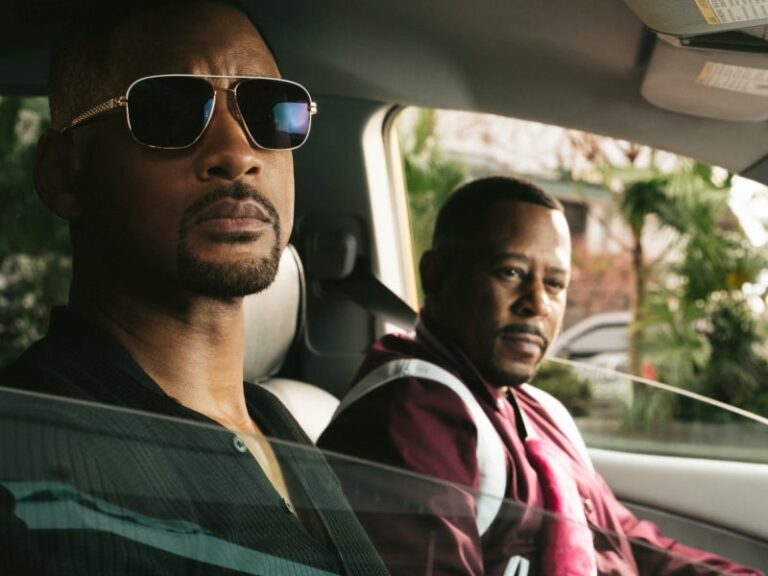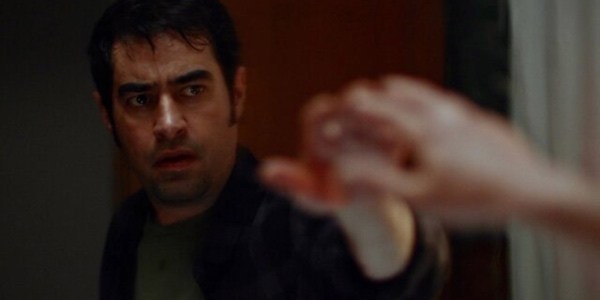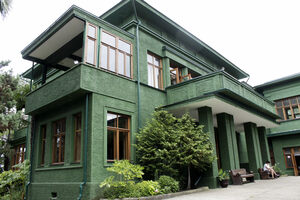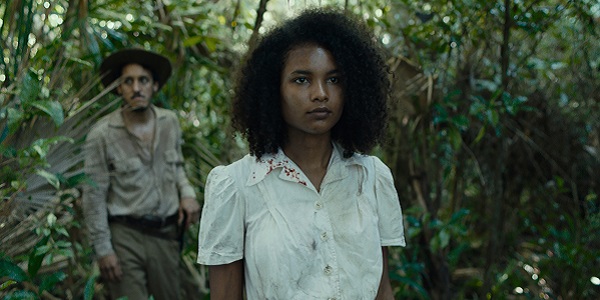NYFF 2020: The Price and Power of Storytelling in ‘Night of the Kings’
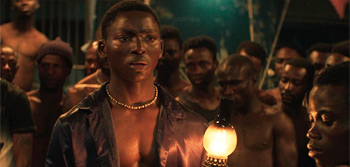
Philippe Lacôte’s Night of the Kings follows a young pickpocket in his first night at the “MACA”, one of the main prisons in Abidjan, the largest city in the Ivory Coast. As the Ivory Coast’s entry for International Feature Film at this upcoming Academy Awards, Night of the Kings has the power and storytelling to inject its reality into the category. First-time actor Koné Bakary plays wide-eyed, unassured Roman, the name of the selected storyteller during the red moon, a real-life tradition still enacted at the MACA. Picked by the prison’s de facto leader, “Blackbeard” (Steve Tientcheu), Roman must tell a story for the duration of the night, with failure resulting in the price of his life. In a film with high stakes and visible violence, Night of the Kings unfurls like a ballad, an ode to the weight and humanity of storytelling, and the need for tradition.
At the MACA (“La Maca”) prison, the guards do not interfere with prison life. They patrol the walls, while the prisoners themselves have set up a hierarchy, customary ways of living, and a clear set of rules. For his story, Roman tells the tale of the Zama King, a violent, known gang leader in Abidjan. It seems to span centuries, as Roman adds layer upon layer to this origin story permeated with violence. Though knowing that his fate lies in his own hands, with each added note he grows in confidence, thanks to some help from the prison’s only white inmate (Denis Lavant). That resonance is felt by the prisoners, and an example of the mythical aspects of storytelling, a theme in several films showing at this year’s New York Film Festival.
Though an initial anxiety can be heard in Roman’s voice at first, he understands his place in the prison. Like Blackbeard, he, somehow, has an idea of how this night will go. For Blackbeard, sick and ready to die, this will be his last night alive, as he mulls his pick for a successor. For Roman, fresh-faced and too young to die, his life rarely seems in doubt, even as his story becomes less and less relatable to the inmates. As he loses control of his audience, the prison also loses its leader, and the imbued sense of supervision and regularity.
Lacôte keeps you engaged through an intimacy and realism inside of this prison, constructed and based on the real-life MACA, which he used to visit as a child. With new elements being added by Roman, the other prisoners act out, with theatrical flair, the words he’s saying, injecting an interpretive nature to the scenes. Credit goes to Bakary and Tientcheu for leading the charge, as a mostly-unexperienced and raw cast fills in the blanks, giving the film a more visceral, lived-in atmosphere. The dancing, the showmanship, and the dramatics combine for a compelling, driven film, set over the course of a single evening. Despite its lack of quality effects, the authenticity and natural nature of the story still shines through, pushing the narrative forward with every word spoken by the credible and fantastic Bakary.
There is a feeling in Night of the Kings like this has happened before. It’s a tradition, yes, but a stronger element exists, as if all of storytelling, and history, is connected. The prisoners need these stories, as much as Roman needs to tell them. Stories both trap and free us from the past, placing us firmly in the present, one ceaselessly infected and affected by the events decided long before we walked, talked, and pickpocketed. Lacôte’s film marks him as a filmmaker with talent to spare, an important sense of place, and a vision for bringing West African traditions and stories into the world’s view.
Michael’s NYFF 2020 Rating: 4 out of 5
Follow Michael on Twitter – @peachfuzzcritic

